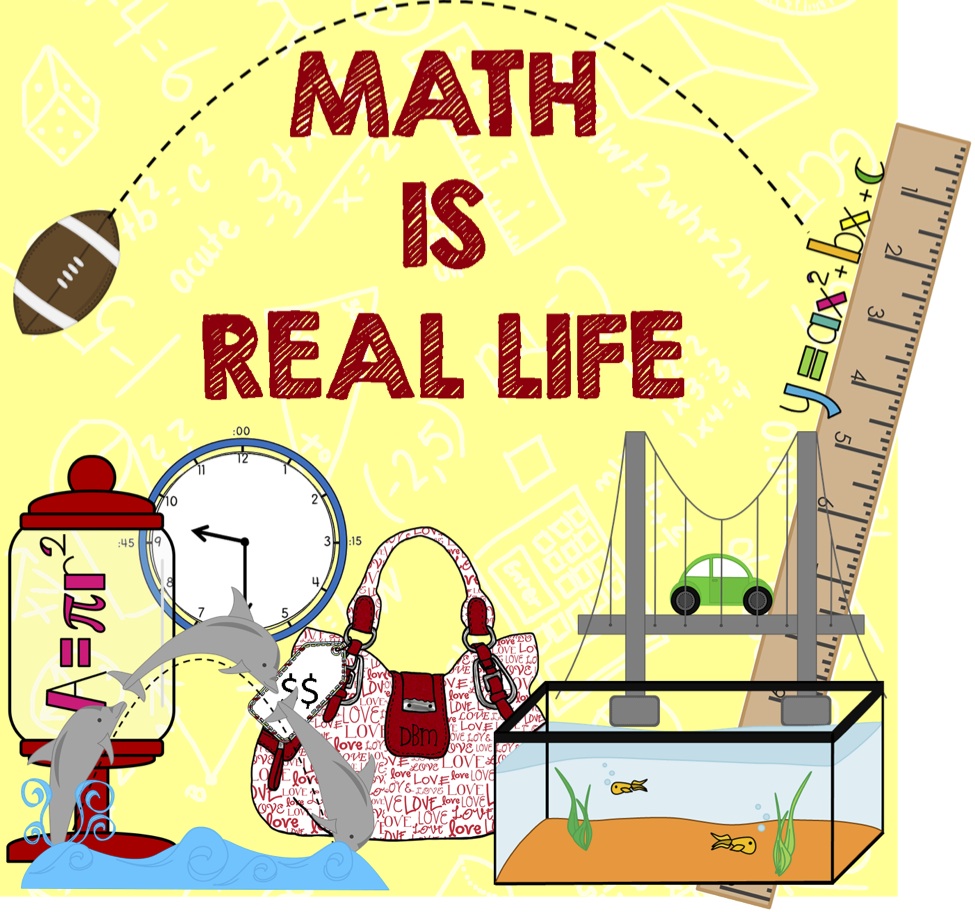 As a teacher of both English and Math for over two decades, I’ve had a unique opportunity to witness how the same student OFTEN thinks completely differently about math and EVERYTHING ELSE.
As a teacher of both English and Math for over two decades, I’ve had a unique opportunity to witness how the same student OFTEN thinks completely differently about math and EVERYTHING ELSE.
Every year I work with really bright, hard-working students who exercise impressive critical thinking and cognitive firepower in the humanities and in life in general, but as soon as a problem is written down in a math book or on a math section of a standardized test, their IQ seems to fall precipitously as their eyes glaze over and their shoulders start to shrug.
I’ll tell you, people, I’M SICK OF IT.
And the good news is, no matter how math-phobic you are, you CAN do something about it. I know, cuz I went through the process myself and have helped turn many struggling math students into highly competent math students, some of whom even claim–gasp!–to enjoy the subject now.
MATH IN SCHOOL IS THE SAME AS MATH IN THE REAL WORLD. REALLY.
Why is it the same kid who immediately understands the most complicated sales out in the real world gets completely befuddled when s/he sees questions like this in school?
A store is having a sale on shirts. If you buy 1 at the regular price, x dollars, you can purchase as many more as you like at z dollars off. If a customer purchases n shirts, how much does s/he have to pay?My experience tells me there are basically three kinds of math students: those who can count and those who can’t. No, I jest. Really, there are two kinds of math students:
1) those who BELIEVE they’ve either been taught how to do certain kinds of problems and have memorized formulas or algorithms (procedures) they can apply or, if they haven’t seen those types before, immediately assume they cannot possibly do them, and,
2) those who approach math problems the way they approach every other problem in their lives, that is, with their whole brains and exercise their full critical thinking capacities.
There are many reasons why a student may find him/herself in category 1, unhappily suffering through required high school math classes. Truth is, pain may be required, but suffering is optional! There is a solution (pun intended).
JUST ADD LOGIC — WE ALL HAVE IT (yes, even YOU, even if you’ve had a teacher who said otherwise)
Let’s return to the problem above, which is rated a medium to difficult SAT item. Put any high school kid in a store with such a sale, and very likely s/he’ll know exactly how many shirts s/he can buy for any given amount of money s/he has to spend. But put it on the SAT, and, well, “I have no idea even where to begin.”
“Okay, so let’s say you want to buy 10 shirts. How many do you have to pay full price for?”
“Uh, 1.”
“Okay, and how many would you pay at the sale price.”
“Uh, 9.
“So in terms of n, how many would you pay at the sale price?”
THINKING , relating 9 and 10 to n, “O, I get it, (n-1) cuz you have to pay full price for 1.
“Right, so how much does it say the full price is”
“x dollars.”
“And if you get a z dollar discount, what’s the sale price?”
THINKING again, “x–z” dollars.
“Bingo! So how much do you have to pay in total if, again, you buy 1 at the full price and all but 1 at the sale price?”
“O, duh, x + (x-z)(n-1).”
I just love it when students say “Duh.” It’s like the light comes on and what was once completely baffling is now intuitively obvious. No memorization of useless formulas required! Taking kids through problems like this enough times DEMONSTRATES to them they can THINK about math for themselves. Math is not a set of rules and formulas and procedures to memorize as so many US high school students believe, despite state-mandated curriculum frameworks intended to promote critical thinking. Solving math problems is applying logic that, in my experience, every student possesses. And if you don’t believe it, that’s half the problem right there!
YOU CAN LEARN TO BE A COMPETENT MATH STUDENT (AND WE CAN HELP!)
At CPE we believe anyone can learn to be a competent math student, and we’ve got a track record to justify our confidence. And coming in 2014, for the first time, is a 4-session class to help YOU become better at math no matter what level you currently find yourself. On the surface, it will prepare any student for the Math sections of the SAT, ACT, and Math Level 1 Subject Test, but beneath the surface, we’ll help change the way you THINK about math in general, which will have positive implications for the rest of high school as well as raising your standardized test scores.
In West Hartford and Online with Dr. Yo
Classes in February, April and May

